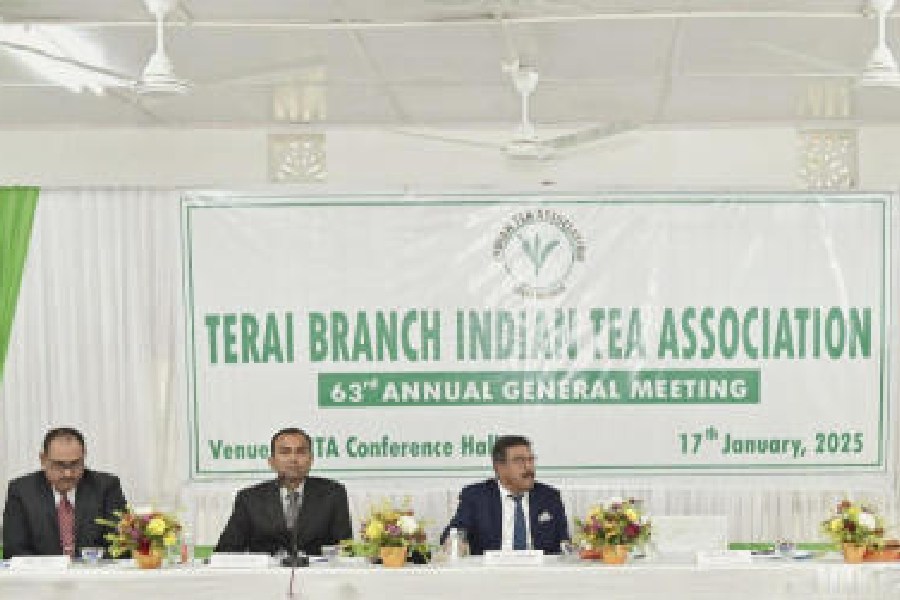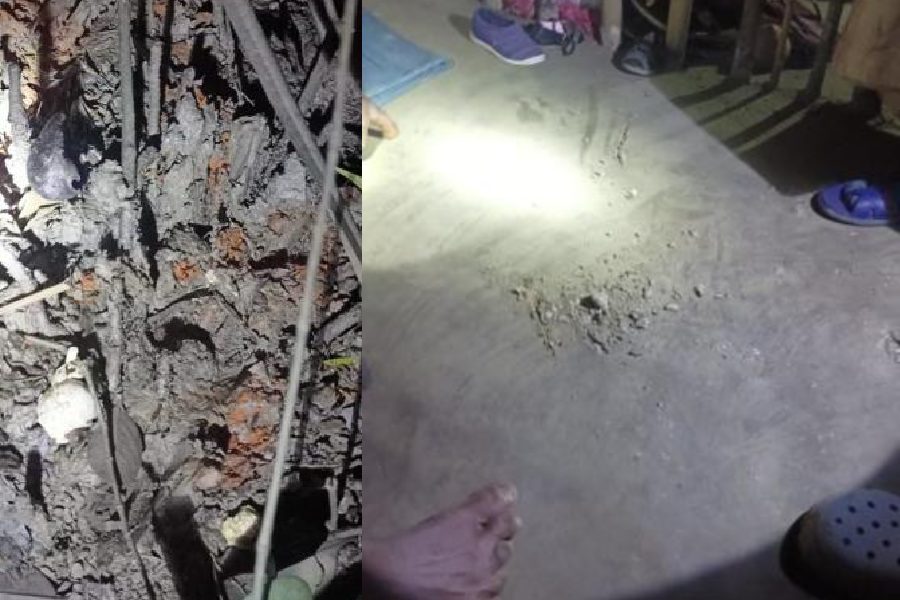Stakeholders of the tea industry have expressed concern over the indiscriminate influx of tea from Nepal and said it was ruining the prospects of the Darjeeling Tea industry.
Darjeeling, known for its world-famous brew, produces five to six million kilos of tea in a year. There are 87 tea estates that make the completely organic tea.
“Over the past few years, the orthodox variety of Nepal tea, similar to Darjeeling Tea, is being imported to India. In 2024, 14 to 15 million kilos of tea were imported from Nepal. This tea is being sold as Darjeeling Tea in many places,” said Atul Rastogi, the additional vice-chairman of the Indian Tea Association (ITA), the largest association of tea planters in the country.
Rastogi said that because of this, teas from Darjeeling did not get proper prices. “We have no idea whether Nepal tea is safe. Certain initiatives were taken to check whether it contains chemicals that are banned in the tea plantations of India. Still, a more stringent system of checking is the need of the hour to avoid health hazards,” he said on the sidelines of the 63rd annual general meeting of the Terai branch of ITA (TBITA) on Friday.
In recent years, several tea estates have closed down in the Darjeeling hills due to cash constraints.
Arijit Raha, the secretary general of ITA, pointed out that there is a substantial difference in the production cost of teas made in Darjeeling and Nepal.
“In Darjeeling, the cost of production is around ₹600 per kilo while in Nepal it is ₹150 to ₹160. Those selling Nepal tea are using this disparity to sell teas at reduced prices. On the other hand, tea planters of Darjeeling are not getting proper prices of their produce due to the prevalence of Nepal tea in the Indian market,” he said.
Planters also expressed concern over the rising cost of production.
Apart from Darjeeling Tea, CTC tea is produced at the tea estates of the Terai and the Dooars and also in the small tea sector that has mushroomed over the past couple of decades. In north Bengal, around 320 million kilos of tea are produced every year.
Deb Mallick, the chairman of TBITA, said there was a gross disparity in the cost of production in tea estates and the small tea sector which produces around half of the tea in north Bengal.
“Tea estates are grappling with this disparity. They need to survive. Prices at auction centres are not that high vis-à-vis prices of teas produced in the small tea sector. The cost of production has to come down, or else many tea estates will find it difficult to sustain,” said Mallick.










